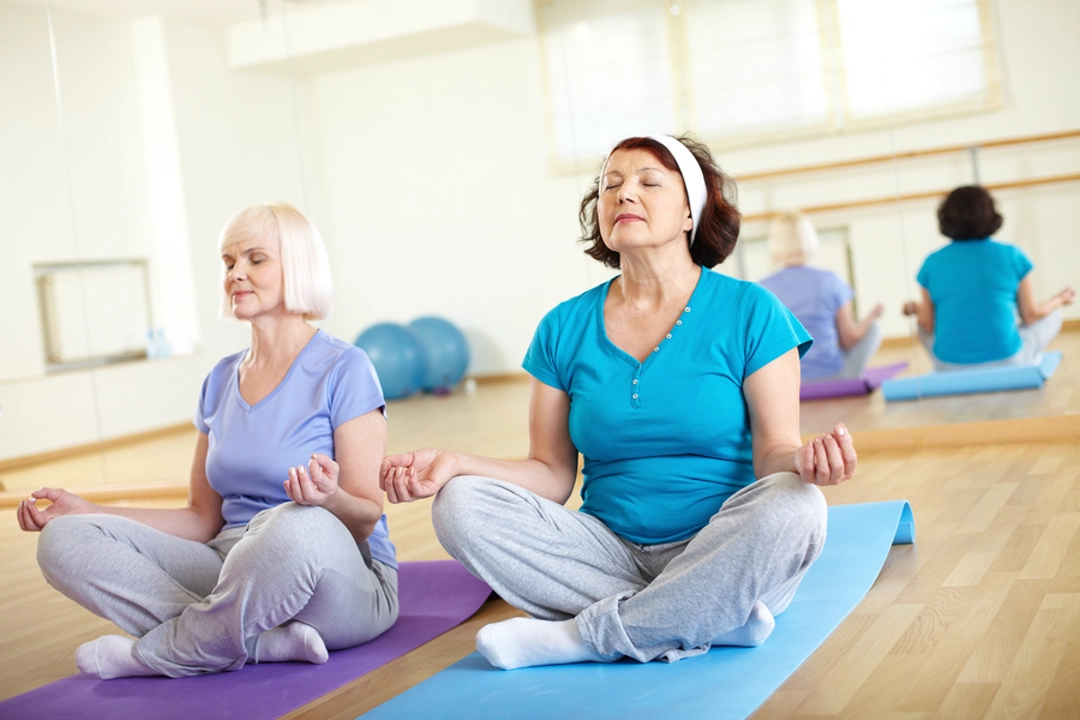Menopause: what to expect and what helps
Menopause is the time when your periods stop and hormone levels change. Most people notice symptoms during perimenopause first — irregular periods, hot flashes, night sweats, mood swings, low libido, and sleep trouble. These changes can start years before periods end and may last a few years after. You don’t have to just cope with them; there are clear options that actually make life easier.
Treatment options: simple, medical, and middle ground
Hormone replacement therapy (HRT) is the most effective way to stop hot flashes and night sweats and to protect bone health. It’s not right for everyone, so doctors will review your health history before starting it. If HRT isn’t a fit, non-hormonal medicines can help — some antidepressants ease hot flashes and certain blood pressure drugs reduce sweating. Vaginal estrogen (low dose) works well for dryness and discomfort during sex.
Natural and supplement options can add benefit for some people. For sleep issues, small doses of glycine at bedtime may help with sleep quality — see our glycine guide for details: Glycine Supplement Benefits. If insomnia or mood problems appear, treatments like low-dose amitriptyline are sometimes used off-label; read safer-use tips here: Amitriptyline for Insomnia. Always discuss supplements and off-label meds with your clinician.
Practical tips to feel better every day
Hot flashes: dress in layers, keep a fan nearby, avoid spicy foods and alcohol, and try paced breathing when a flash starts. Night sweats: breathable bedding and a cool bedroom help more than extra pillows. Sleep: keep a regular bedtime, limit screens before bed, and consider small lifestyle aids rather than immediately jumping to strong sleep meds.
Mood and memory: exercise three times a week, even brisk walking counts. Moving your body helps mood and sleep and protects bones. For low libido or vaginal pain, talk to your provider about topical estrogen or non-hormonal lubricants — these often solve the issue quickly.
Heart and bones: menopause raises long-term risk for heart disease and osteoporosis. Get routine checks for blood pressure, cholesterol, and bone density when advised. If you take cholesterol meds and notice sleep changes, our article on statins and sleep explains what to watch for: Do Statins Affect Sleep?.
When to see a doctor: if bleeding returns after menopause, if symptoms stop you from working or sleeping, or if mood changes become severe. Your provider can tailor treatment to your health history and priorities. Start with a quick visit and a clear list of your worst symptoms — that makes visits productive and gets you help faster.
Menopause is a major life change, but practical steps and the right medical options make a big difference. Use trusted sources and talk openly with your clinician about what matters most to you.

Menopause and Yoga: Poses for Balance and Relaxation
As a woman entering the menopause stage, I've found that yoga is incredibly helpful in managing symptoms and maintaining balance. In particular, I've discovered a few poses that promote relaxation and help me feel more grounded. One of my favorites is the "Child's Pose", which gently stretches the lower back and hips, while also encouraging deep breathing. Another great one is the "Bridge Pose", which strengthens the pelvic floor and can alleviate hot flashes. Incorporating these poses into my daily routine has been a game-changer, helping me to navigate this natural life transition with greater ease and serenity.
